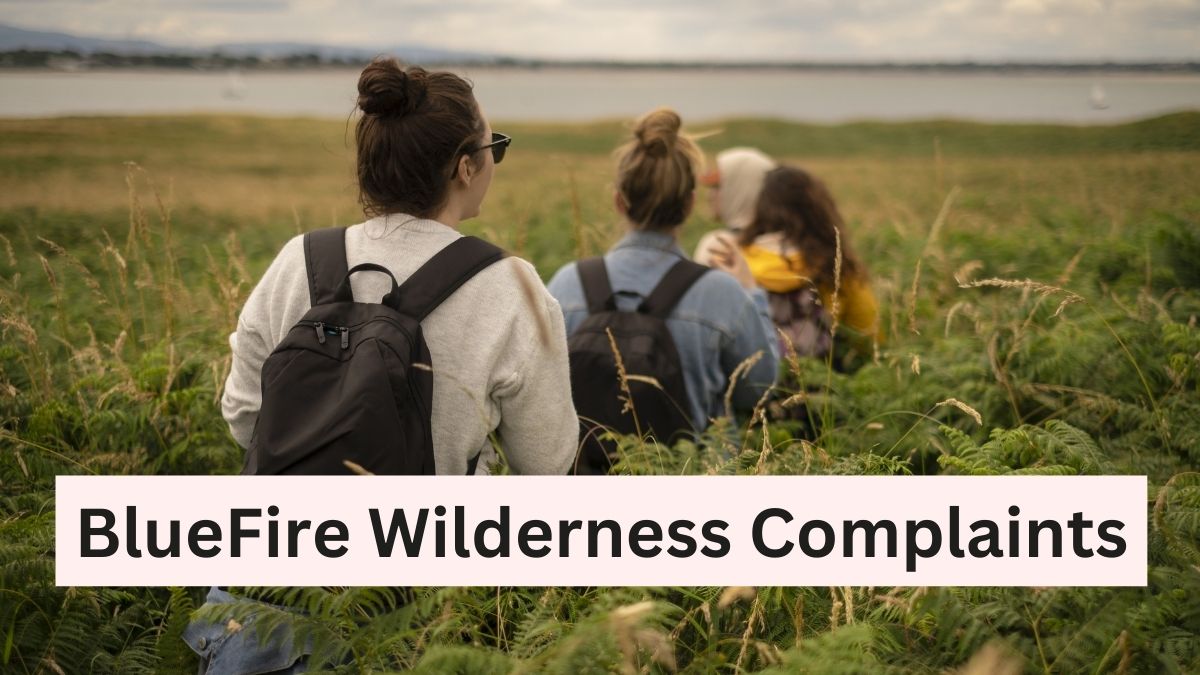Many families turn to BlueFire Wilderness for its therapeutic programs aimed at helping troubled teens. While the program has garnered praise, it has also faced its share of complaints and concerns.
This overview aims to address these concerns comprehensively, shedding light on the issues raised and how BlueFire Wilderness has responded.
Background of BlueFire Wilderness
BlueFire Wilderness Therapy is a program designed to help teenagers facing emotional, behavioral, and mental health challenges. Located in Idaho, it combines traditional therapeutic methods with outdoor activities.
The program emphasizes experiential learning, helping teens build self-esteem, develop coping strategies, and improve family relationships.
Common Complaints and Concerns
One of the primary concerns raised by parents and former participants involves the safety and well-being of the teenagers enrolled in the program. Some complaints allege inadequate supervision during outdoor activities, leading to accidents or injuries.
There are also concerns about the physical demands of the program, which some argue may be too strenuous for certain participants.
Response to Safety Concerns
BlueFire Wilderness has taken several steps to address these safety concerns. The program ensures that all activities are supervised by trained professionals who are certified in wilderness first aid and CPR. Safety protocols are in place for all outdoor activities, and the staff-to-student ratio is maintained at a level that allows for close supervision.
Also, the program includes a thorough assessment of each participant’s physical health and fitness to ensure they can safely engage in the activities.
Therapeutic Approaches
Another common complaint involves the therapeutic approaches used in the program. Some parents feel that the methods are too harsh or not tailored to the individual needs of their children.
There have been reports of participants feeling isolated or stressed by the intense environment.
Response to Therapeutic Concerns
BlueFire Wilderness emphasizes that their therapeutic approaches are evidence-based and tailored to the needs of each participant. The program incorporates a mix of individual therapy, group therapy, and family therapy.
Therapists work closely with each participant to develop a personalized treatment plan. The program also includes regular reviews and adjustments to the treatment plans to ensure they meet the evolving needs of the participants.
Communication and Transparency
Some complaints have been directed at the communication and transparency between the program and the families. Parents have reported feeling out of the loop regarding their child’s progress and the specifics of the daily activities.
Response to Communication Concerns
To address these concerns, BlueFire Wilderness has implemented regular updates for parents, including weekly phone calls and progress reports. The program encourages family involvement and provides resources for parents to understand the therapeutic process.
Family therapy sessions are a core component, ensuring that parents are engaged and informed throughout their child’s journey.
Cost and Financial Concerns
The cost of the program is another area where complaints have arisen. Families have expressed concerns about the high fees and the financial burden it places on them. Some feel that the program does not provide value commensurate with the cost.
Related Articles
- Sandata DataPlus: Transform Healthcare Management
- Paul Mackoul MD Lawsuit: Unpacking Implications for Patient Safety and Medical Ethics
- Baggot Street Mercy’s Login Features
- Wellhealthorganic.com : morning coffee tips with no side effect
- ContactsJet.shop: Your Trusted Source for Affordable Contact Lenses
Response to Financial Concerns
BlueFire Wilderness acknowledges that the program can be expensive and offers several financial aid options and payment plans to assist families. The program also works with insurance companies to help families get the maximum possible coverage for the therapeutic services provided.
Success Rates and Long-Term Outcomes
There are mixed reviews regarding the long-term success of the program. While some families report significant improvements in their child’s behavior and emotional well-being, others feel that the changes were not sustained after the program ended.
Response to Outcome Concerns
BlueFire Wilderness conducts follow-up surveys and provides aftercare resources to support participants once they leave the program. The staff works with families to develop a transition plan that includes recommendations for ongoing therapy and support.
The program’s focus on building long-term skills aims to equip participants with tools they can use beyond the wilderness setting.
Conclusion
BlueFire Wilderness has faced various complaints and concerns, primarily related to safety, therapeutic approaches, communication, cost, and long-term outcomes. The program has taken steps to address these issues, implementing safety protocols, tailoring therapeutic approaches, improving communication with families, offering financial assistance, and providing aftercare support.
While the program may not be perfect, its efforts to respond to concerns show a commitment to the well-being and success of its participants.
People May Ask
What are the main complaints about BlueFire Wilderness?
The main complaints include concerns about participant safety, therapeutic approaches, communication and transparency with families, the cost of the program, and the long-term success of participants.
How does BlueFire Wilderness ensure the safety of its participants?
The program maintains a high staff-to-student ratio, employs trained professionals certified in wilderness first aid and CPR, and implements strict safety protocols for all activities. Participants’ physical health is assessed before they engage in activities.
What therapeutic approaches does BlueFire Wilderness use?
BlueFire Wilderness uses a mix of individual therapy, group therapy, and family therapy, all of which are evidence-based and tailored to the individual needs of each participant. Treatment plans are regularly reviewed and adjusted.
How does BlueFire Wilderness communicate with families?
The program provides regular updates to parents, including weekly phone calls and progress reports. Family involvement is encouraged through family therapy sessions and resources to understand the therapeutic process.
What financial support does BlueFire Wilderness offer?
The program offers financial aid options, payment plans, and works with insurance companies to help families get coverage for therapeutic services.









